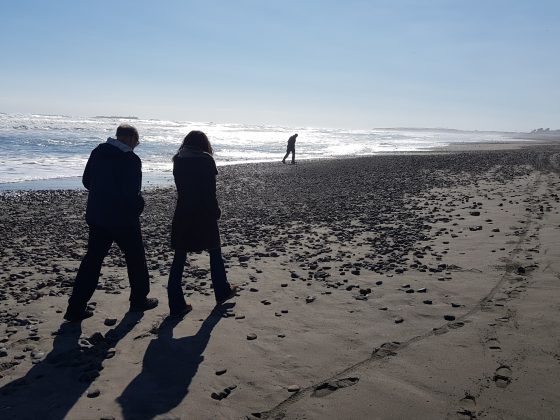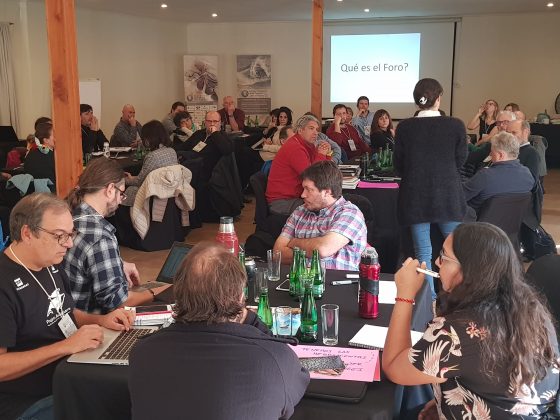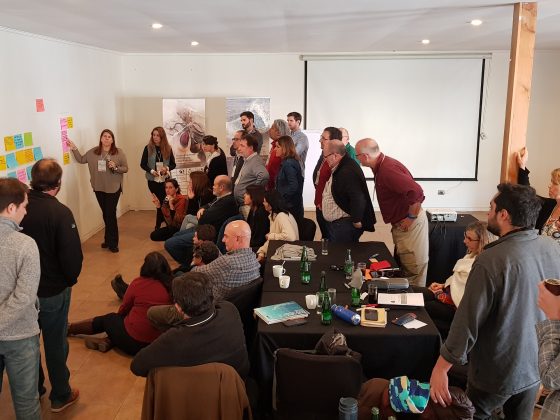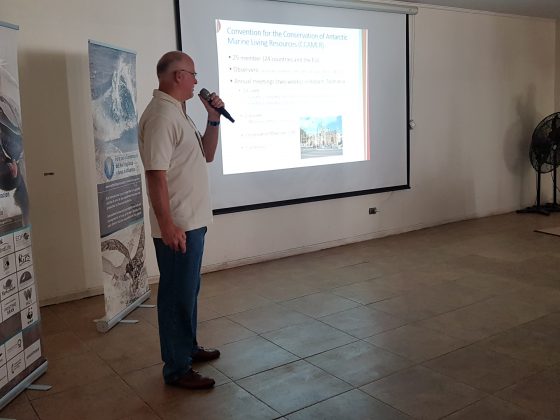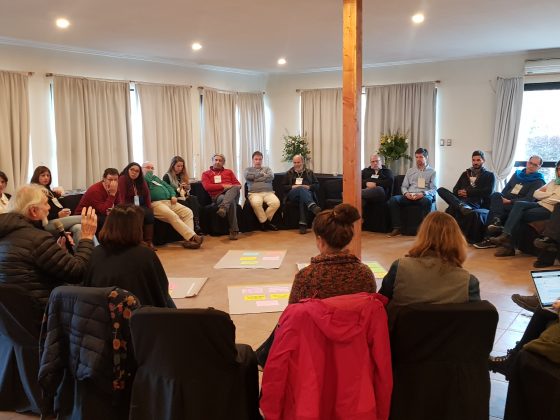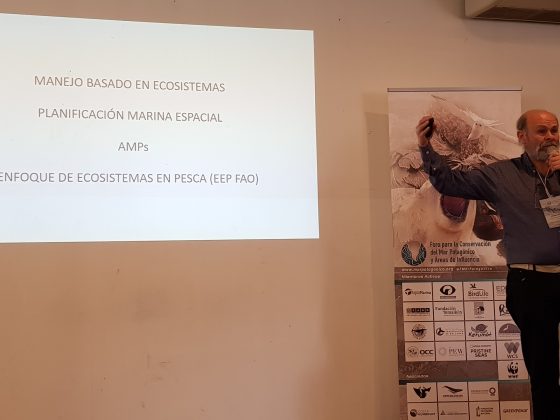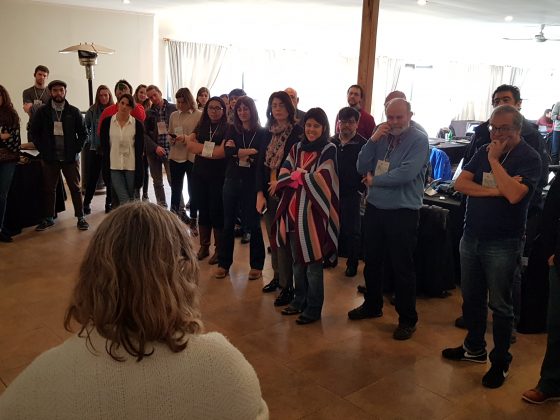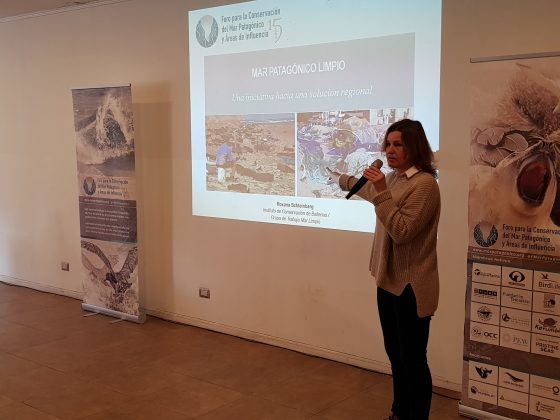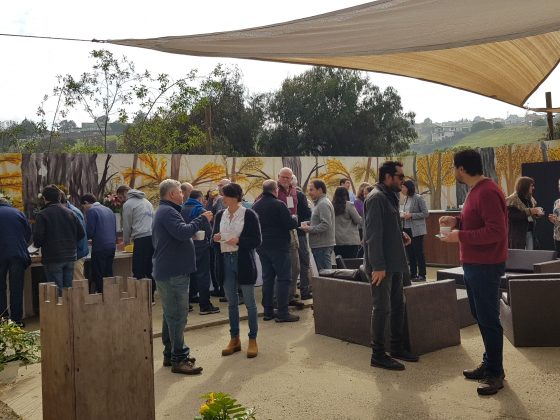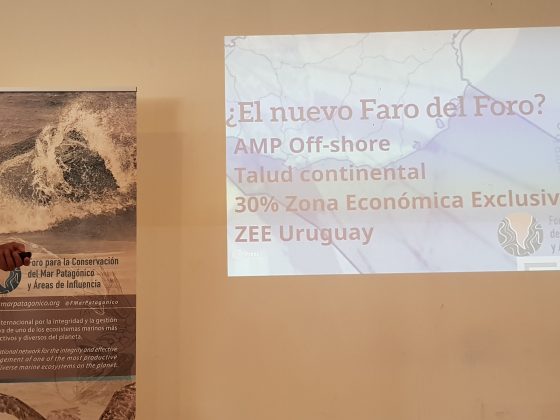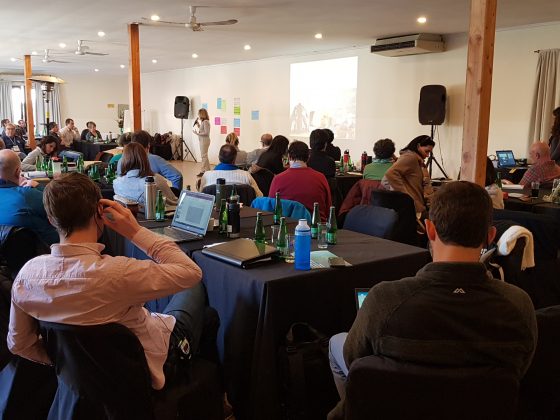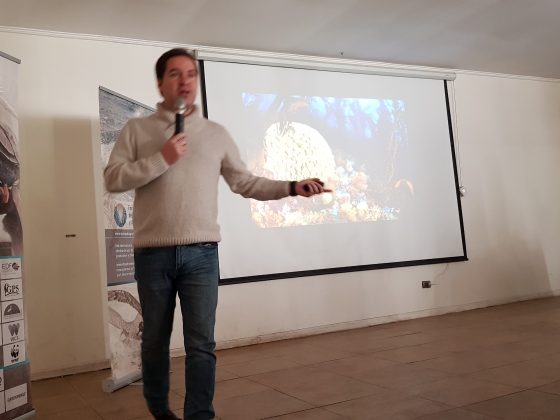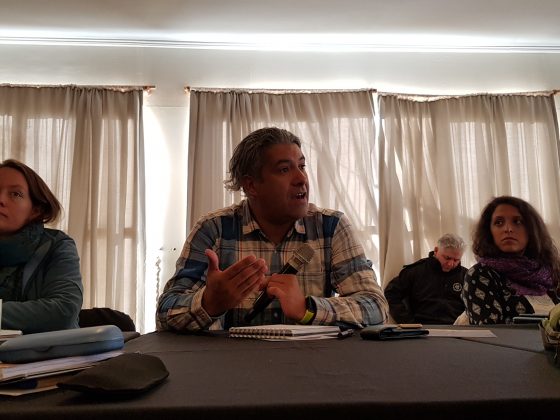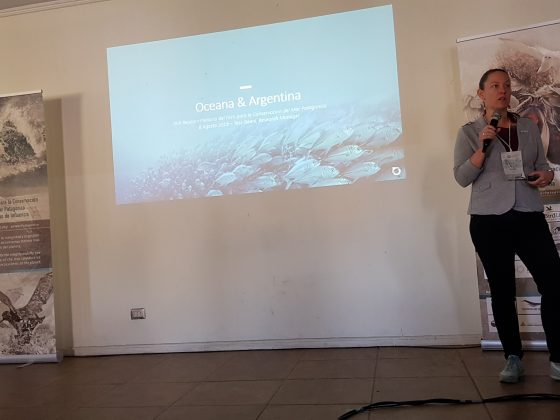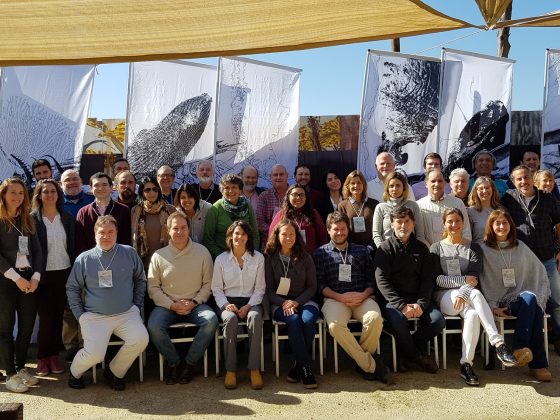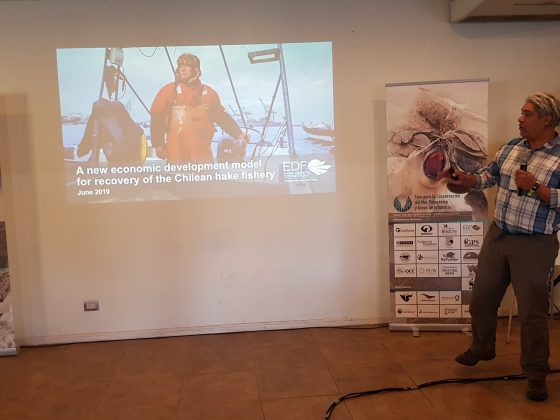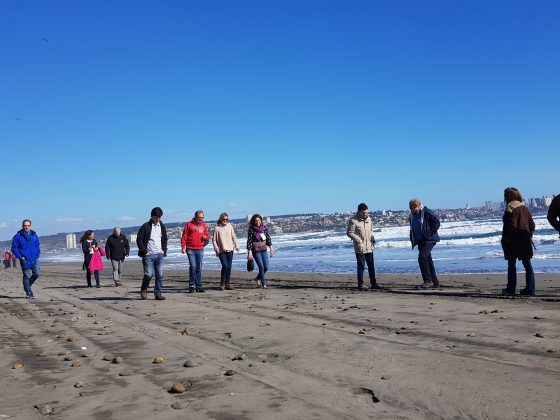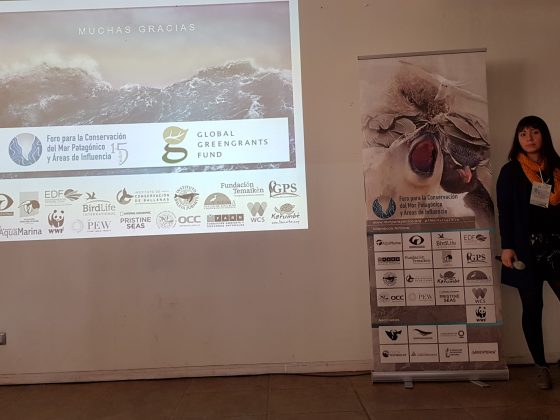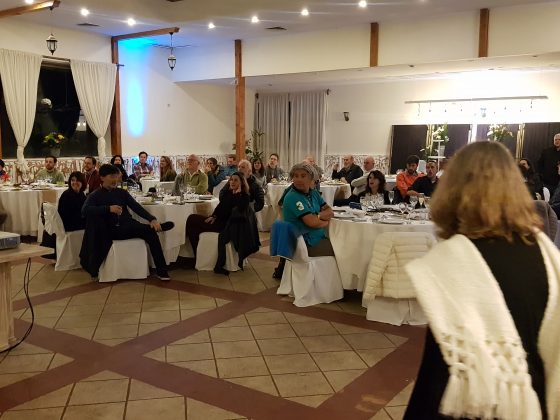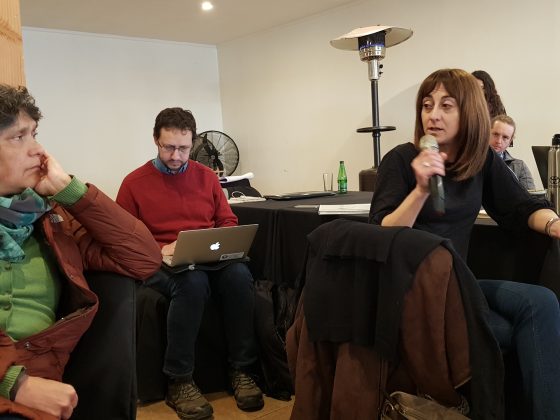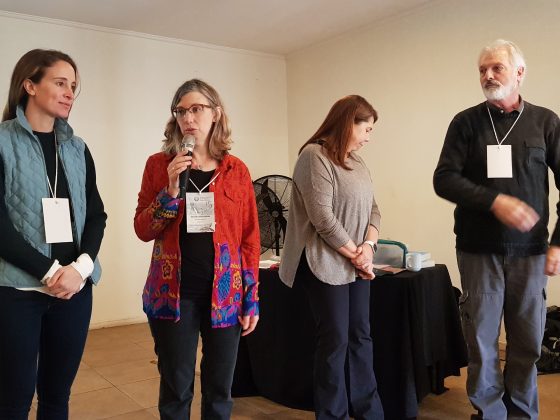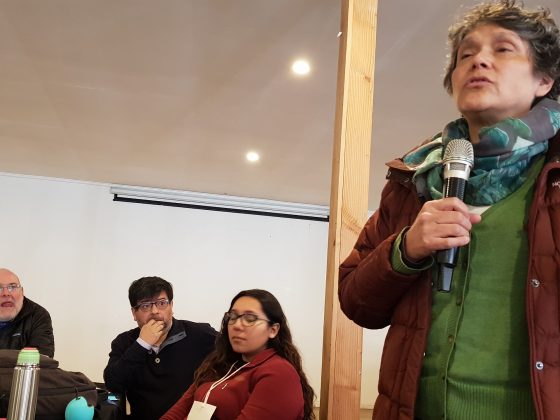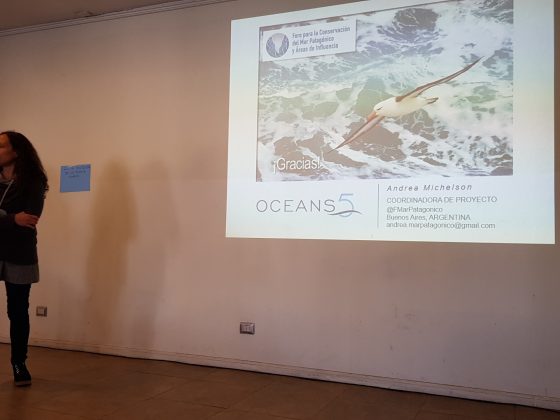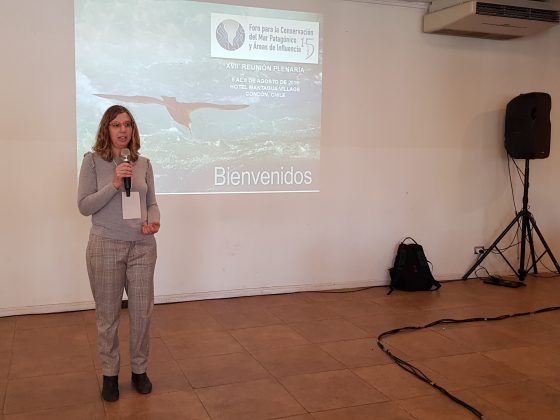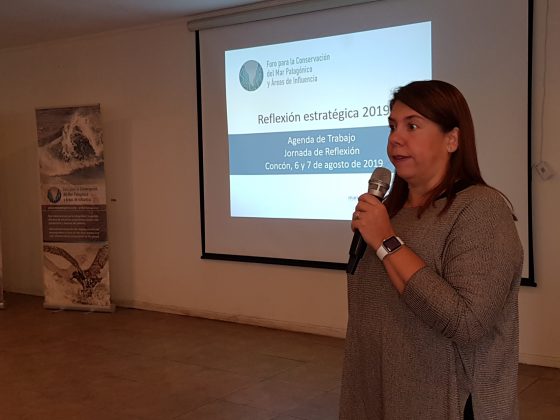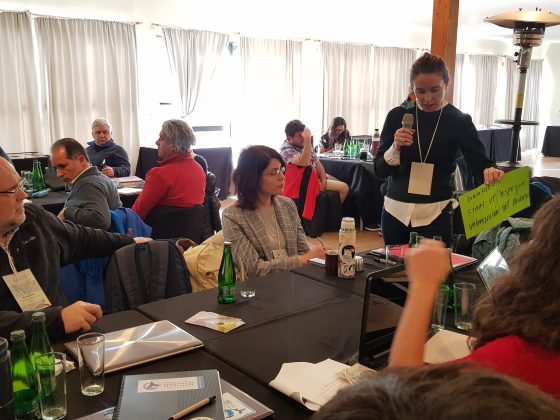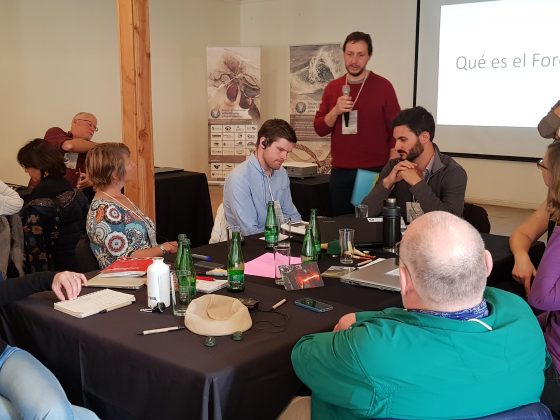With that vision in mind, more than 20 of the organizations that make up the Forum for the Conservation of the Patagonian Sea strengthened their commitment to the conservation of the southern cone oceans. Within the framework of its 15th anniversary, this regional civil society network held a new three day strategic meeting, in Concón, Chile, with the goal of drawing up a common plan towards 2030.
One of the goals of the XVII Plenary Meeting of the Forum for the Conservation of the Patagonian Sea was to draw up the future vision for the Patagonian sea towards 2030, and to state the needs of the civil society dedicated to the regional marine conservation. About 50 representatives of 20 organizations from Chile, Argentina, Uruguay and Brazil met for 3 days in Concón, Chile, to strengthen the space for dialogue and cooperation that they have been building for 15 years, looking forward to new challenges.
“It is a task that we have been developing as a network for 15 years. And that some organizations have been building, in some cases, for more than 100 years. Our vision of 2030 motivates us to go in depth in those decisions that have produced results, and to draw up new paths where the new context makes it necessary,” explained Claudio Campaña, president of the Forum for the Conservation of the Patagonian Sea.
The main issues addressed by the meeting agenda were: The expansion of salmon farming in the Patagonian sea; illegal, unreported and unregulated fishing; bycatch of species; hydrocarbon prospecting in the Atlantic Ocean; the impact that marine pollution generated by the fishing industry has on the environment of the Patagonian sea and the species within it; the need to strengthen the system of marine protected areas by incorporating areas that are representative of ecosystems not yet protected; and the effective implementation of such MPAs by the governments of the 4 countries.
“How to reduce threats to the Patagonian Sea; how to improve the collaborative work to think regionally and to coordinate our actions to influence the governments that make decisions about the sea,” highlighted Alexandra Sapoznikow, coordinator of the Forum, in relation to the purpose of the meetings held annually by the network and the processes involved.
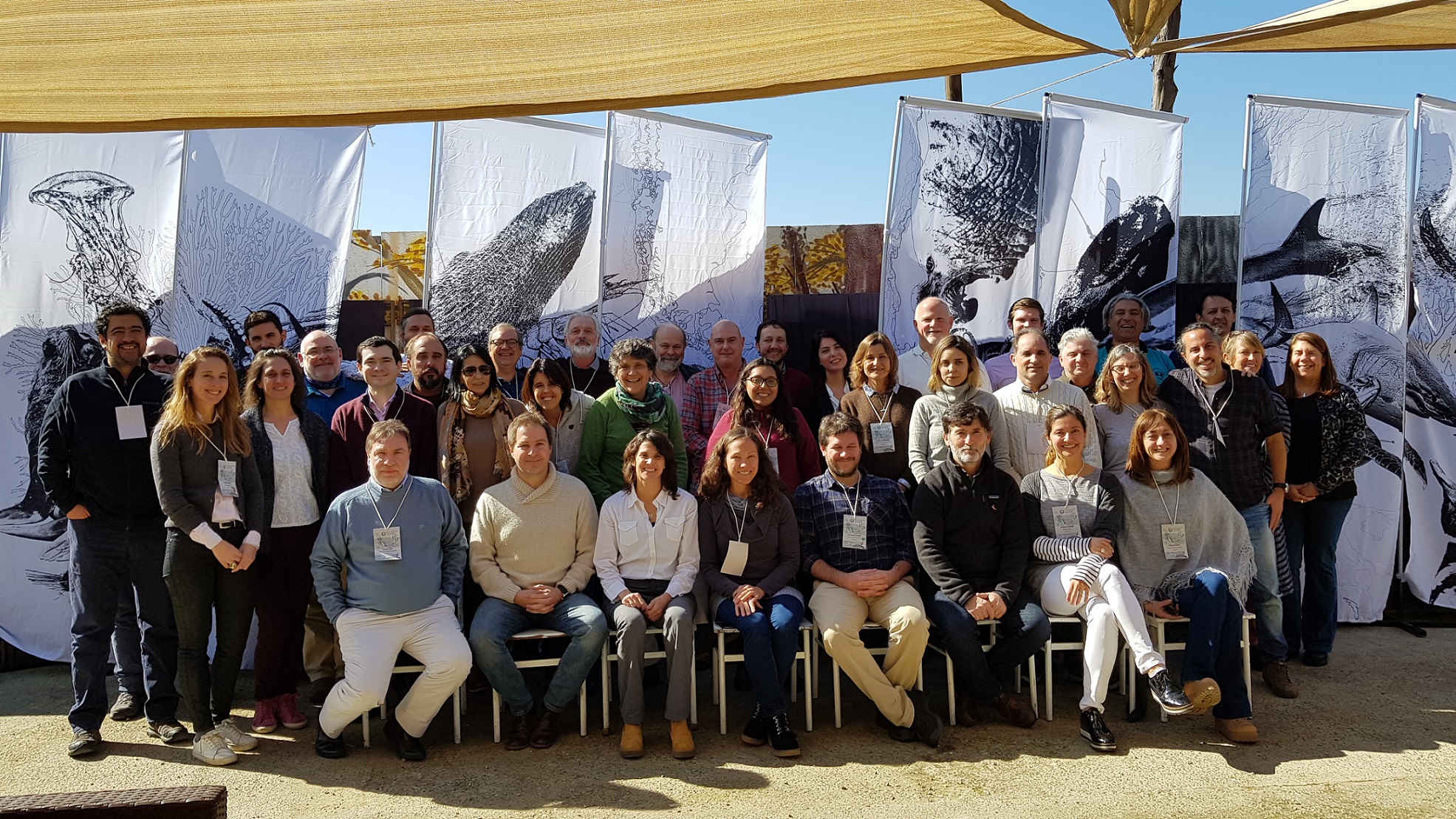
Members of the Forum for the Conservation of the Patagonian Sea at the XVII Plenary Meeting held from August 6 to 8 in Concón, Chile.
United by the Patagonian Sea
“Having so many organizations with the will to agree to work on conservation is a unique phenomenon. This particular meeting and the whole process that organizations have gone through over these 15 years are very important for marine conservation at regional level. It is essential to maintain these opportunities of collaboration and communication in order to come to an agreement regarding what to do with our sea”, emphasized Alexandra.
AquaMarina, Antartic Research Trust, Birdlife International, Centro Ballena Azul, Costa Humboldt, Environmental Defense Fund, Fundación Ambiente y Recursos Naturales, Fundación Vida Silvestre Argentina, Fundación Temaiken, Global Penguin Society, Greenpeace Andino, Instituto Baleia Jubarte, Instituto de Conservación de Ballenas, Karumbé, National Geographic Pristine Seas, Núcleo de Educación y Monitoreamiento Ambiental, Organización de Conservación de Cetáceos de Uruguay, The Pew Environmental Trusts and Wildlife Conservation Society were the organizations part of the Forum that attended the meeting, which was supported by The David and Lucile Packard Foundation.
In addition, 18 organizations that are not yet part of the network but whose interests and actions are related to the common purpose also participated in the event: AIDA, CECPAN, Fundación Felix de Azara, Fundación Huinay, Fundación Melimoyu, Fundación OCCAPA, Fundación Omora, Fundación Terram, Oceana, Oceans5, Movimiento Océanos Sanos, Proyecto Sub, QARAPARA, Reserva Añihué, The Nature Conservancy, Tompinks Conservation y Waitt Foundation.
“These events represent an opportunity to achieve new forms of articulation, spaces to meet and work together towards common goals at local, binational and regional levels,” concluded Carlina Jarpa, coordinator of the Chilean node of the Forum.
